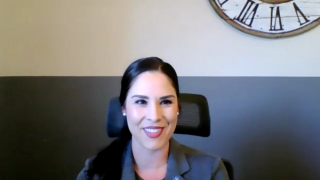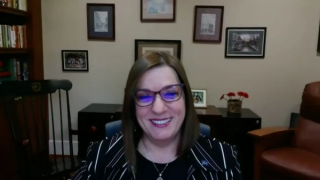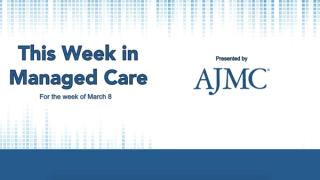
Oncology
Latest News

The Oncology Care Model (OCM) is set to expire June 30, 2022. With no successor on the horizon, respondents to a recent survey by the Community Oncology Alliance (COA) say features such as dedicated navigators and weekend appointments could be reduced or lost if revenues that supported them are eliminated.
Latest Videos

CME Content
More News

Coverage from the Asembia 2021 Specialty Pharmacy Summit in Las Vegas.

Marcus Neubauer, MD, chief medical officer, The US Oncology Network. He is an expert in precision medicine, value-based care, and clinical pathways.
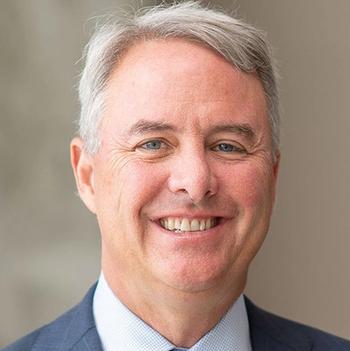
Jeffrey Patton, MD, is the CEO of OneOncology, a national partnership of independent community oncologists based in Nashville, Tennessee. He is also executive chairman of the board, Tennessee Oncology, and a member of the board, Community Oncology Alliance.
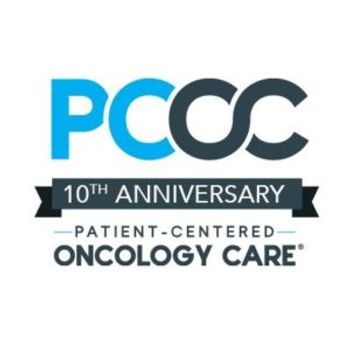
Vertical integration of payers and pharmacy benefit managers (PBMs) took flight with the mergers of Aetna and CVS Health and of Cigna and ExpressScripts. Panelists at Patient-Centered Oncology Care® said the shift has filtered down to affect access at the practice level.

The discussion, "Remote Patient Monitoring: Case Studies From the Front Lines,” explored real-world experiences with technology that has taken on greater heft as the COVID-19 pandemic continues to affect health care delivery.

Karen Winkfield, MD, PhD, is the executive director of the Meharry-Vanderbilt Alliance, a strategic partnership between Meharry Medical College and Vanderbilt College of Medicine, Nashville, Tennessee. She is also Ingram Professor of Cancer Research and professor of radiation oncology, Vanderbilt-Ingram Cancer Center.
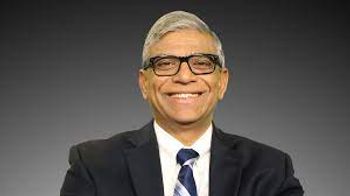
The Oncology Care Model (OCM) is scheduled to end in just a few months, but with no new model in place to succeed it and practices still struggling during the pandemic, CMS should allow OCM to continue, said Kashyap Patel, MD, a co-chair of Patient-Centered Oncology Care® and the current president of the Community Oncology Alliance. He is CEO of Carolina Blood and Cancer Care Associates.

Joseph Alvarnas, MD, a co-chair of Patient-Centered Oncology Care® (PCOC), discussed the unique nature of PCOC and what it offers for providers, payers, policy leaders, and technology experts who take part. Alvarnas is vice president, Government Affairs; senior medical director, employer strategy, and clinical professor, Department of Hematology and Hematopoietic Cell Transplantation, City of Hope.

Recent surveys shed light on oncologist and patient perceptions of the switch to biosimilars and patient mental health.

More than 80% of oncologists frequently see mental health distress in their patients with cancer, and more than 90% say it has a significant impact on their health outcomes.


Discussions regarding health equity and access to care have long been implicated in breast cancer. Here, key opinion leaders discuss the latest progress in clinical trial access, digital therapeutics, and other efforts that aim to ameliorate these care gaps.
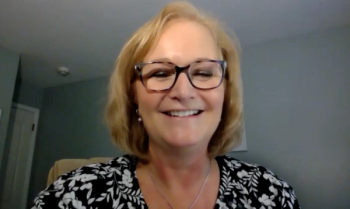
Karen L. van Caulil, PhD, president and CEO of Florida Alliance for Healthcare Value, discusses the potential gap in care that may occur with the end of the Oncology Care Model.
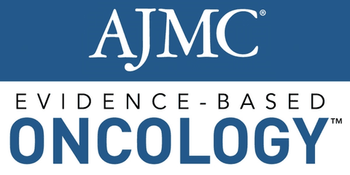
The announcement of a "strategic refresh" for payment models under the Center for Medicare and Medicaid Innovation offered no details on what practices should expect when the Oncology Care Model (OCM) expires in 2022.

A report from the Centers for Medicare and Medicaid Innovation confirmed that practices within the US Oncology Network and Tennessee Oncology participating in the Oncology Care Model (OCM) program have contributed significant savings to the agency.
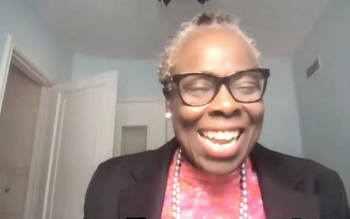
Funmi Olopade, MD, FACP, professor of medicine and human genetics and founding director of the Center for Clinical Cancer Genetics and Global Health at the University of Chicago Medical Center, explains how different populations are at different risk for breast cancer and the importance of informed screening.

Ignoring life-threatening, non–COVID-19 conditions for too long can turn one health crisis into another. Now is the time to resume cancer screenings, like mammograms and colonoscopies, because early detection can be lifesaving.

This new study shows that consolidative radiation therapy may be of benefit to persons with diffuse large B-cell lymphoma, both bulky and nonbulky disease.
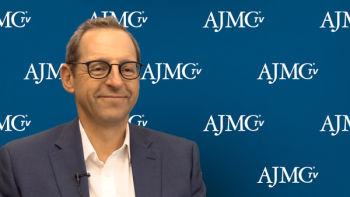
The Oncology Care Model (OCM) was a great program that led to practice transformation and improved patient care, but there needs to be a way to address the high cost of cancer therapies, said Marcus Neubauer, MD, chief medical officer of the US Oncology Network.
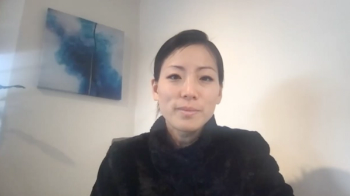
Anemia, fevers, dehydration, and other side effects from cancer treatment are all candidates for targeting with predictive analytics in an effort to care for patients are home instead of the hospital, said Elizabeth Kwo, MD, MBA, MPH, the deputy chief clinical officer at Anthem BCBS, and a speaker at the 10th anniversary of Patient-Centered Oncology Care® conference.

Increasing knowledge of mutations and signaling proteins in diffuse large B-cell lymphoma (DLBCL) offer prognostic and therapeutic advantages, according to a review of recent findings.

Sanofi and Regeneron had previously announced an overall survival advantage of 29% over chemotherapy alone; the combination also had a progression-free survival benefit of 46%.

The prespecified analysis of DESTINY-Breast03 opened a Presidential Symposium September 18, during the European Society of Medical Oncology (ESMO) 2021 Virtual Congress, with the study’s lead author predicting a new standard of care and a commentator calling the results “startling.”

Psychological and emotional needs specific to populations with cancer are often overlooked in clinical research, including those of adolescents, young adults, immigrants, and people of lower socioeconomic status.

Gary Lyman, MD, MPH, an oncologist and hematologist, discusses how doctors are managing patients who present with later-stage cancers as a result of barriers to screening measures imposed by the pandemic.


